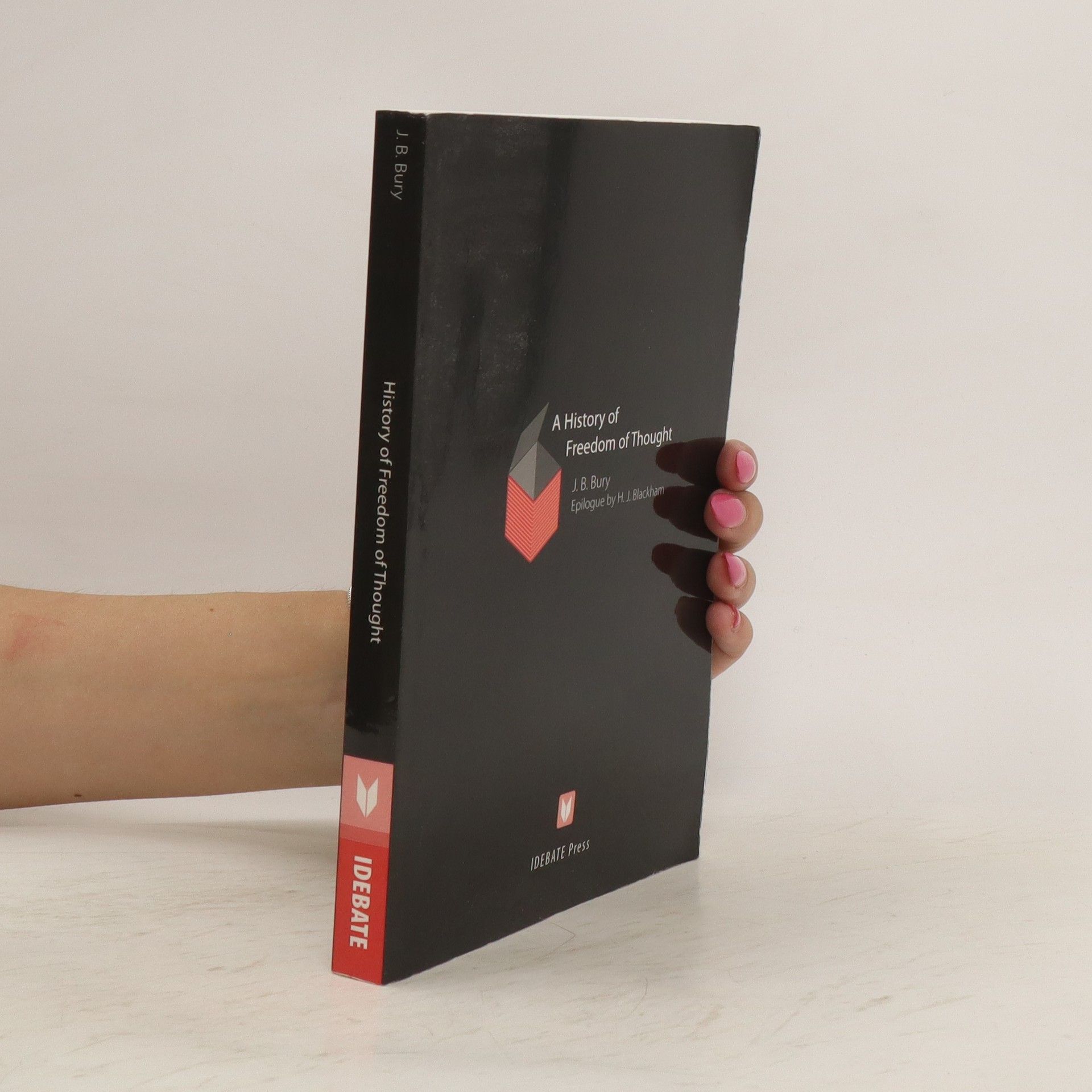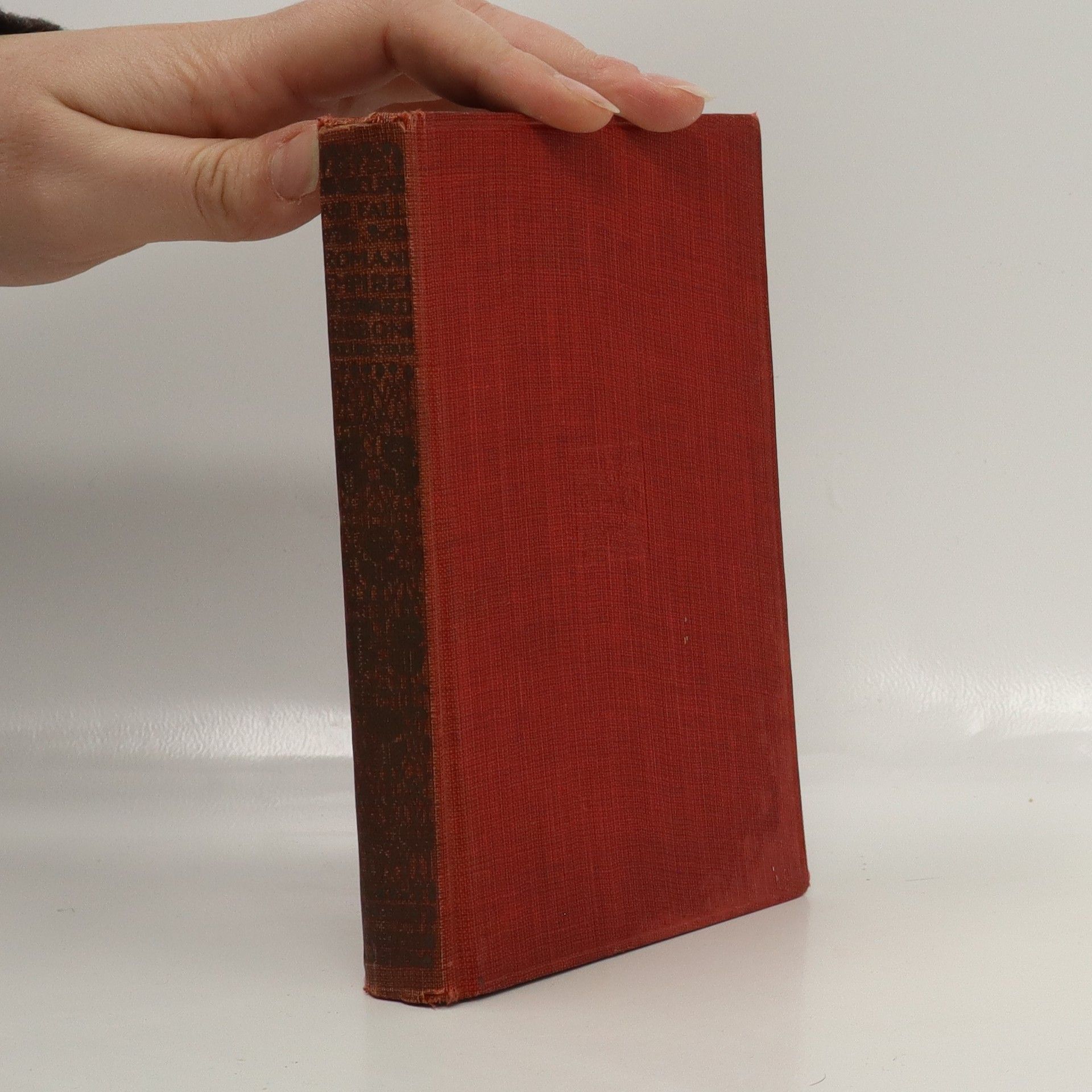The TREDITION CLASSICS series aims to revive public domain literature by making it accessible in printed format globally. Driven by a passion for literature, the series collaborates with various non-profit projects, ensuring that timeless works are preserved. A portion of the proceeds from each sale supports these initiatives, allowing readers to contribute to the preservation of significant literary works while enjoying classic literature.
J. B. Bury Bücher






The book delves into the concept of Progress as a fundamental principle shaping Western civilization, analyzing its historical roots and implications. It examines how Progress has become a criterion for evaluating social theories, intertwining with ideals of liberty and democracy. The text also critiques the association of Progress with various ideologies, including socialism and militarism, highlighting its role in justifying political actions, even those leading to oppression. Ultimately, it questions the validity of social and political theories that do not align with this dominant idea.
The Life of St. Patrick and His Place in History
- 90 Seiten
- 4 Lesestunden
"The Life of St. Patrick and His Place in History" is the first truly authoritative biography of Saint Patrick's life and a well researched study of the times in which he lived in. Saint Patrick was a fifth-century Romano-British Christian missionary and bishop in Ireland. Known as the "Apostle of Ireland", he is the primary patron saint of Ireland. Contents: - On the Diffusion of Christianity Beyond the Roman Empire - The Captivity and Escape of Patrick - In Gaul and Britain - Political and Social Condition of Ireland - In the Island-Plain, in Dalaradia - In Meath - In Connaught - Foundation of Armagh and Ecclesiastical Organisation - Writings of Patrick, and His Death - Patricks Place in History
A history of freedom of thought
- 246 Seiten
- 9 Lesestunden
Most people who live in open societies, especially in the West, take freedom of thought and expression for granted. Yet throughout most of history, independent thinking was discouraged and often persecuted. The battle for independence of mind continued for centuries. In Freedom of Thought, J. B. Bury provides a dramatic survey of intellectual history, clearly and eloquently describing the struggle for intellectual freedom from ancient times to the beginning of the 20th century. He guides the reader from the flowering of rational inquiry in early Greece, through the suppression of free thought during much of the Middle Ages, to the rediscovery of classical philosophy in the Renaissance, and finally to the growth of rationalism beginning with the Age of Reason in the 17th century. Along the way, Bury explains the key events that contributed to the modern rational understanding of nature and offers concise sketches of the many important persons'philosophers, scientists, and writers'who c
This work is a reproduction of a historical text, published by Megali, which specializes in large print editions to enhance accessibility for individuals with impaired vision. The focus on readability ensures that a broader audience can engage with important historical literature.

